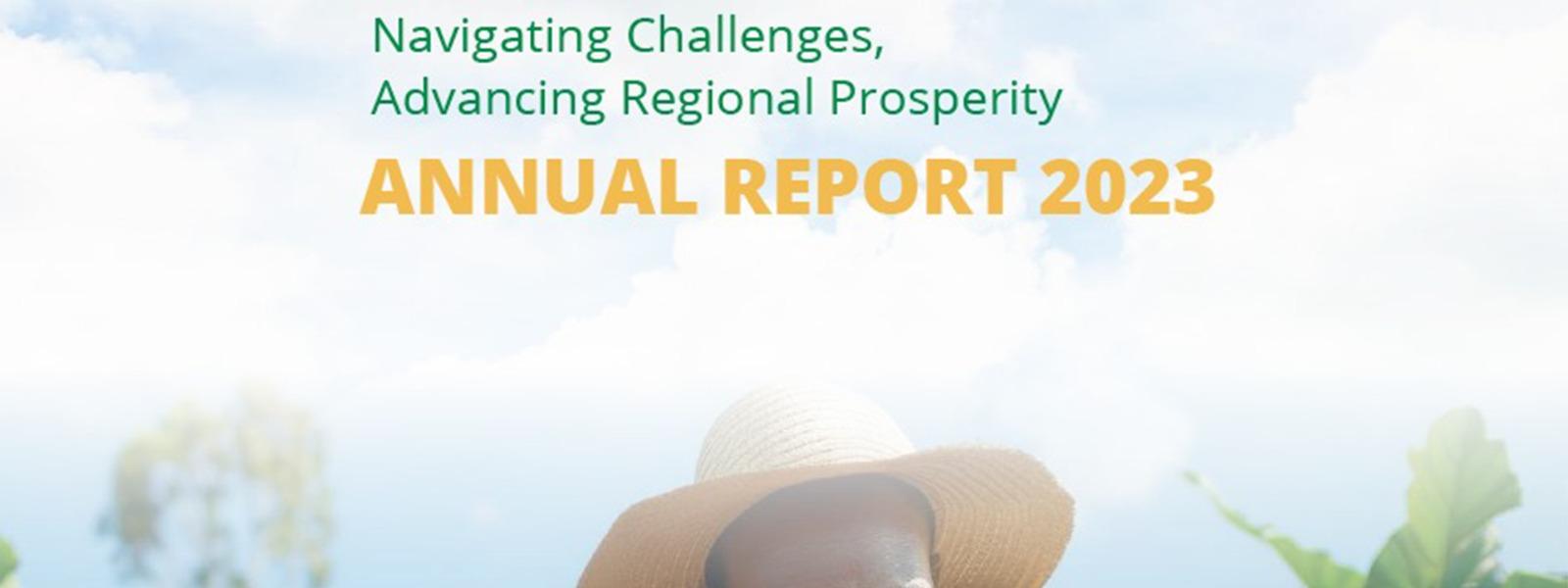The year was marked by substantial achievements across our core pillars of agriculture, environment, economic cooperation, peace and security, health, and social development. As we reflect on the year’s progress, it is crucial to recognise the collective efforts of our Member States, development partners, and stakeholders that have been instrumental in these accomplishments.
Enhancing Food Security and Agricultural Productivity
IGAD has been pivotal in addressing food security challenges exacerbated by climatic changes and economic pressures. Our multifaceted approach included boosting agricultural productivity, enhancing animal health, and improving resilience against transboundary animal diseases. Notably, the implementation of advanced veterinary services and support for the fisheries sector has helped to stabilise food sources in vulnerable regions, contributing significantly to regional food security. Our efforts in the sustainable management of natural resources have been bolstered by initiatives to improve the governance of transboundary water resources and promote sustainable land management practices. These initiatives have contributed to enhanced environmental conservation and community resilience against natural disasters.
Climate Action and Environmental Management
Our commitment to combating environmental degradation and climate change saw progressive actions, including adopting innovative technologies for disaster risk management. Establishing the High-Performance Computing facility has notably enhanced our climate modelling capabilities, enabling more accurate weather forecasts and timely dissemination of climate information, which are critical for agricultural planning and disaster preparedness.
Promoting Economic Integration and Infrastructure Development
IGAD has actively promoted regional economic integration through significant infrastructure projects and policy harmonisation. This includes enhancing cross-border trade and energy cooperation. Our efforts in streamlining trade procedures and facilitating smoother border crossings have resulted in increased trade flows and strengthened economic ties among Member States, fostering a more integrated and economically diverse region.
Advancing Peace, Security, and Governance
In the realm of peace and security, IGAD has effectively utilised its platforms to mediate conflicts and promote diplomatic engagements. Our conflict early warning systems have been crucial in preempting and managing conflicts, thereby maintaining regional stability. Furthermore, initiatives to strengthen governance and institutional capacities have laid a stronger foundation for sustainable peace and security across the region.
Social Development and Inclusion
Significant efforts were made to ensure that social development and inclusion are at the forefront of our programmes. Initiatives aimed at empowering women, youth, and marginalised communities have been scaled up, resulting in greater participation and equitable access to resources and opportunities across the region. Our health initiatives have focused on enhancing the capacity of health systems to manage and respond to public health emergencies. The regional strategies deployed have improved surveillance, response to infectious diseases, and overall public health preparedness, which are vital in a region prone to health crises.
Gender Equality and Youth Empowerment
IGAD continues to champion gender equality and youth empowerment. Initiatives to engage women in economic activities and decision-making processes have been impactful, fostering inclusivity and social equity throughout the region.
Partnerships and Collaborations
IGAD’s efforts to strengthen partnerships and international collaborations have been noteworthy. Strategic alliances with various international stakeholders have been revitalised, amplifying the impact of regional programmes and projects. These collaborations have not only enhanced capacity building but also ensured that IGAD’s interventions are sustainable and aligned with global development goals.
Financial Performance
IGAD maintained a robust and accountable financial system. Our commitment to transparency and effective management has ensured that the funds and resources entrusted to us are utilised efficiently and effectively. The financial strategies employed this year have not only maximised resource utilisation but also attracted further funding from international donors, enhancing our operational capacity to deliver our mandates.
Looking Forward
As we move into 2024, IGAD is poised to build on the past year’s successes while adapting to emerging global and regional challenges. Our focus will remain on enhancing the resilience of our communities, promoting sustainable development, and deepening regional integration for the prosperity and stability of the IGAD region.
